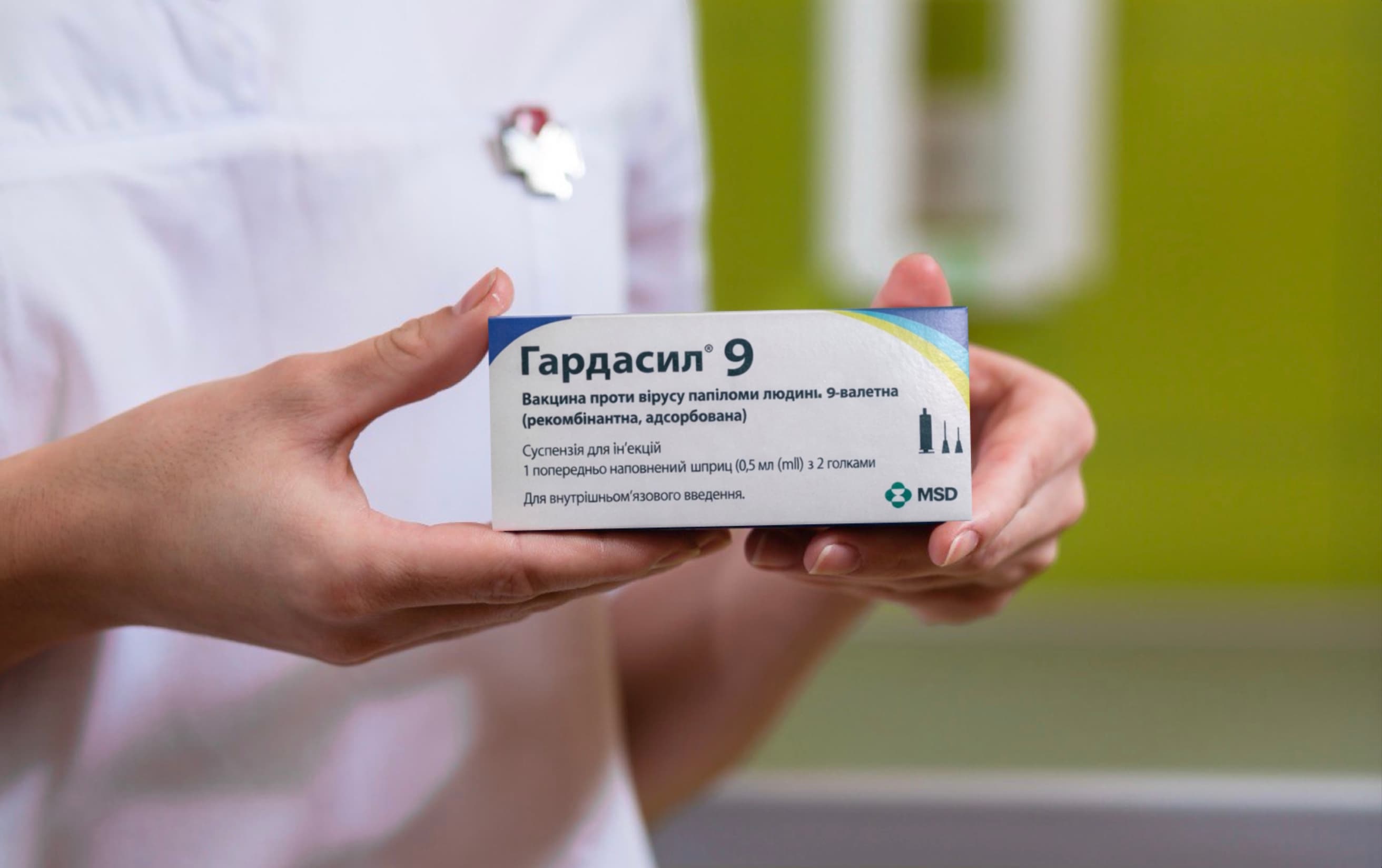Why Should You Get Vaccinated Against Human Papillomavirus (HPV)?

Human Papillomavirus (HPV) is one of the most common sexually transmitted infections in the world. The danger of HPV lies in its asymptomatic nature – most people are unaware they are infected – while the long-term consequences can be life-threatening.
To date, over 200 types of HPV have been identified, with approximately 30 classified as high-risk oncogenic types. Beyond cervical cancer, the virus can cause cancers of the vulva, vagina, penis, anus, and oropharynx. Types 16 and 18 are considered the most aggressive. However, modern medicine offers a reliable method of prevention: vaccination.
Effectiveness and Safety
HPV vaccination can prevent up to 90% of cancer cases associated with the virus. Since 2006, when mass vaccination programs were implemented globally, infection rates for high-risk HPV types among adolescents and young adults have dropped significantly.
Who Should Get Vaccinated and When?
The highest level of immune protection is achieved when vaccination occurs before the onset of sexual activity:
- Children aged 9–14: The course consists of 2 doses.
- Individuals aged 15 and older: Vaccination follows a 3-dose schedule.
- It is important to note that vaccination for adults is also effective and recommended by leading international health organizations.
Choosing the Right Vaccine
There are two main HPV vaccines::
- Cervarix: Provides protection against the most oncogenic types (16 and 18).
- Gardasil / Gardasil-9: Protects not only against cancer but also against genital warts. Gardasil-9 offers the broadest spectrum of protection, covering 9 high-risk types.
For boys and men, the Gardasil vaccine is specifically recommended. The optimal vaccine choice is determined individually during a consultation with a physician.
Comprehensive Protection
Vaccination is the most powerful tool for prevention, but it should be part of a comprehensive approach. To minimize risks, we recommend:
- Regular Screening: Routine gynecological exams and Pap tests according to the schedule recommended by your doctor.
- Barrier Contraception: While condoms significantly reduce the risk of transmission, they do not eliminate it entirely.
- Responsible Choices: Reducing the number of sexual partners.
Do not delay your future health. The specialists at Doctor Sam Medical Center will ensure your vaccination process is professional and comfortable.



